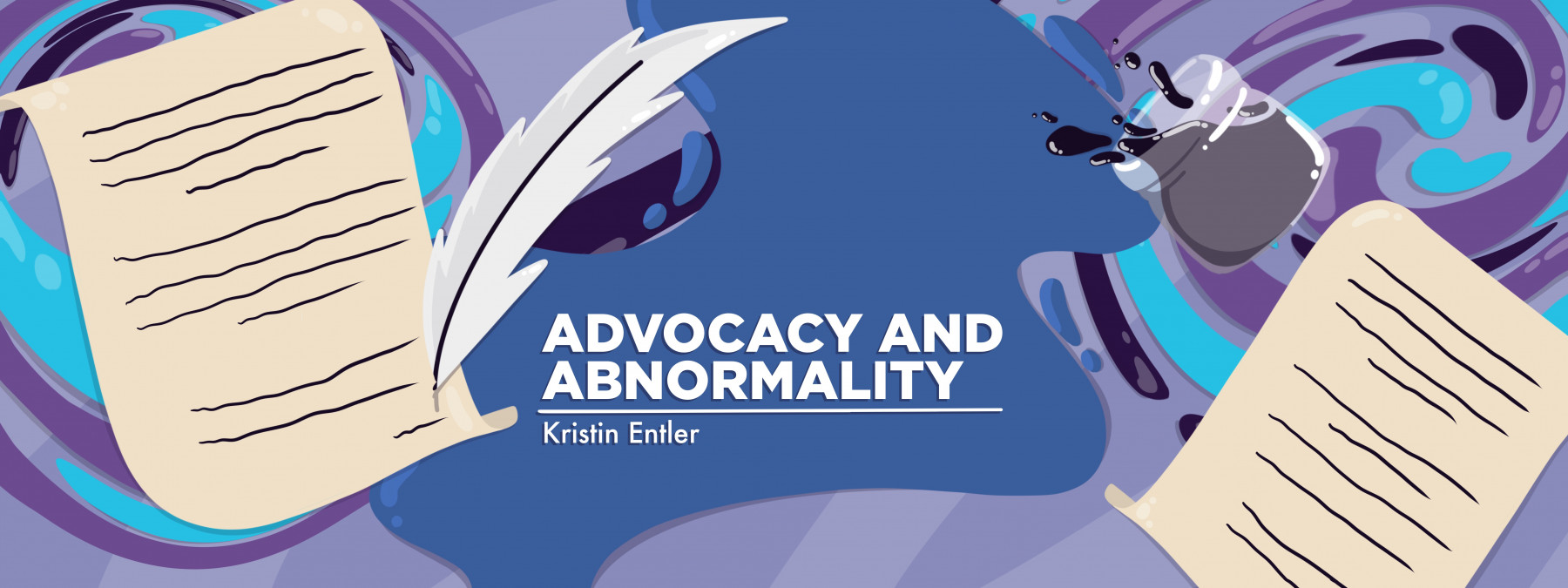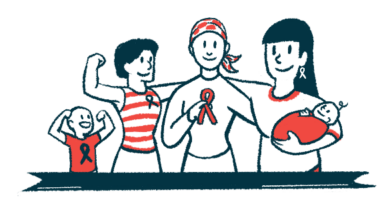Having Cystic Fibrosis Taught Me How to Communicate Boundaries

It’s 2012 and I’m in my second year of community college. My hair is down to my shoulders and I carry a bottle of hand sanitizer attached to my backpack, which gets used by more people in my classes than I anticipated, but I’m happy to share. After all, fewer germs in the room means less likelihood of me getting sick.
For a group of us, it’s our last class of the day. Because the campus is just one building, we’re arriving at the room after a short walk down the hall or up the stairs, which means we’re all at least 12 minutes early to class.
The conversation flows from topic to topic: a blockbuster movie that’s just come out, a new barbecue restaurant opening in town, someone’s out-of-the-blue idea to walk around local neighborhoods and put tiny hats on stray cats. Then, a few more people file in, and the tone simmers down as the welcomes and how-are-yous restart.
“Eh. Feeling a little gross today.” I pause to cough. This stage of my life with cystic fibrosis is before Orkambi (ivacaftor/lumacaftor) was approved for treatment, so I’m in and out of the hospital about every six months.
Everyone erupts into suggestions that I go home and rest. The instructor adds that there wouldn’t be a penalty. He knows I’m keeping up with the readings and am already mostly done with the next paper that’s due anyway. But I don’t want to leave.
Here’s the thing: If I took the day off every time I didn’t feel well, I’d never do anything. I’d never get anything productive done. I’d never invest in creative hobbies that comfort me.
Sometimes I feel like being disabled and chronically ill is a lot like Bruce Banner’s trick to existing in the same body as the Hulk. He’s always angry. I never feel good.
Besides, I don’t want to miss out on things I want to do, like attend classes for a degree I’m trying to earn, because I’m not feeling well.
Knowing everyone in the room has good intentions, I refuse as politely as I can. “No, no. I’m fine, really.”
In everyone’s defense, I’m not fine. Not by most standards. I’m short of breath and known for showing up to class with a PICC line in my arm as soon as I’ve “escaped” from the hospital, as my mom and I jokingly call it, which allows me to receive at-home intravenous antibiotics.
But I’ve already driven the 20 minutes to campus, walked across the parking lot and up the set of stairs leading to the building (these are also the years before my accessible parking placard), and then climbed up the flight of stairs to the second floor. That’s a lot of energy to expend just to get up and leave right as class is about to start.
This isn’t the first time I’ve run into the advice and permission to take the day off to let my body get the rest it clearly needs. And, honestly, I probably should rest more. But when I’m sick all the time, it’s hard to figure out where to draw the line between fulfilling obligations or doing what I want, and listening to my body when it needs a break.
Learning to find balance
These days, I’m lucky enough to have a generally remote-accessible job. So when my brain wants to go but my body doesn’t feel up to it, I’m grateful I can save energy and compromise by trading the commute for a Zoom link.
Putting aside the internalized stigma of feeling like I have to push through, I’m often too stubborn to pause an activity I want to do just because my body isn’t working.
If I could take a break from being disabled, if I could pick and choose when my illnesses flare up, I might be less stubborn about always showing up. But missing out on so many opportunities growing up, such as field trips, birthday parties, vacations, and other highly anticipated experiences, made me more determined to push through on my own.
I don’t have the option to take a break. And I know if I don’t pause and rest at some point, my body and its illnesses will force me to. But over time, I’ve learned where that line is. I’ve learned when and how to show up to the best of my ability in each moment, and how to communicate what I need to the people around me.
Now, when people ask me if I’d rather take the day off, I reassure them that I know how to listen to my body and that it will most certainly let me know when I need to take a step back.
Note: Cystic Fibrosis News Today is strictly a news and information website about the disease. It does not provide medical advice, diagnosis, or treatment. This content is not intended to be a substitute for professional medical advice, diagnosis, or treatment. Always seek the advice of your physician or other qualified health provider with any questions you may have regarding a medical condition. Never disregard professional medical advice or delay in seeking it because of something you have read on this website. The opinions expressed in this column are not those of Cystic Fibrosis News Today or its parent company, BioNews, and are intended to spark discussion about issues pertaining to cystic fibrosis.









Comments